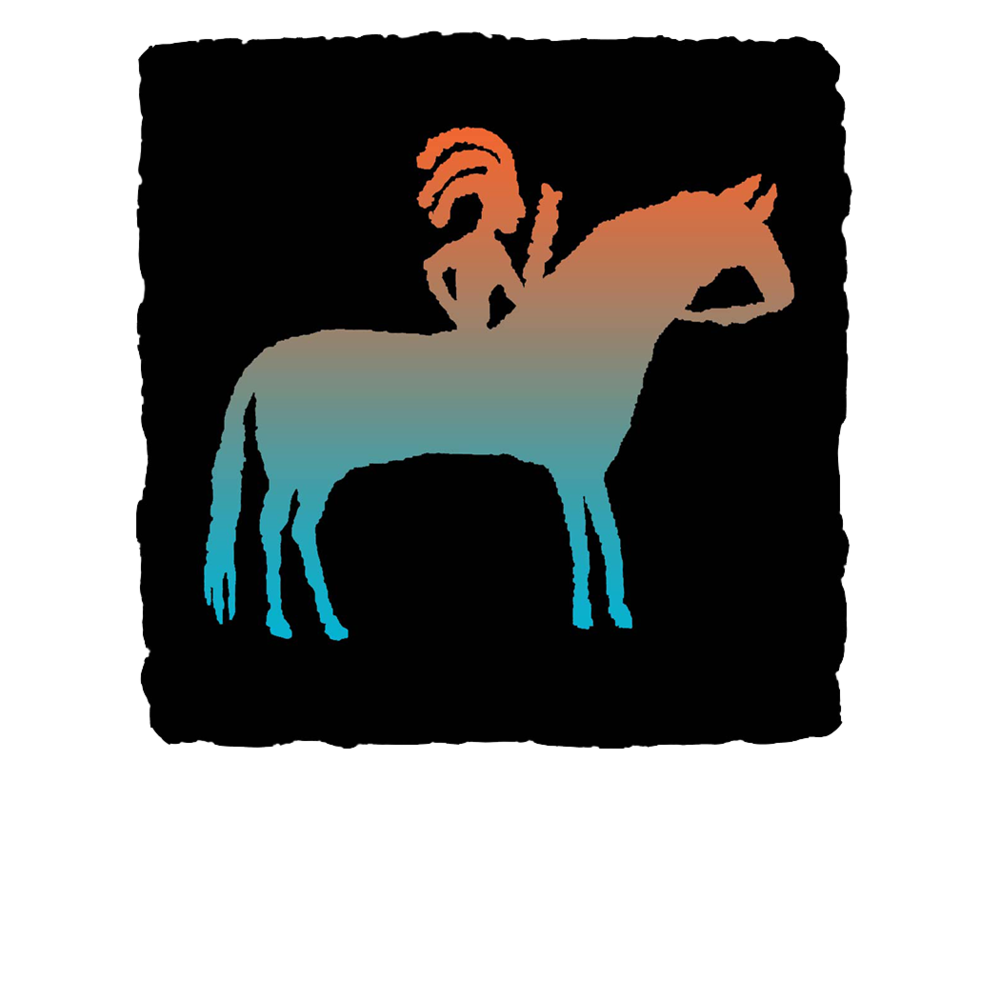Humanity was reminded in 2015 that “Water is Life” by the thousands who gathered at Standing Rock to protest the Dakota Access Pipeline. In a demonstration of human solidarity across peoples of various nations, religions, cultures and ethnicities from around the world the wisdom that “Water is Life” was affirmed. How thinking about water and we relate to water may be one of the most transformational opportunities humankind faces today.
In this final part of the Indigenuity series, Dr. Wildcat will explore how rather than thinking about how we must control water, we need to instead approach the host of issues we face regarding water use, conservation and quality from the perspective of how we might learn to think like a river, ocean current or spring: in short, learn to go with the flow. Like the land and air, a mindfulness to water can teach us valuable insights that can be incorporated into our design and system-building activities.
Ultimately, all life of the planet must respect the Land, Air, and Water – the natural L.A.W. The life- systems of the planet are built on the foundation of the land, air and water. Indigenuity resides in the knowledge and wisdom resulting from the awareness that first, we live in a world populated by relatives not resources; second, inalienable rights are hollow unless linked to inalienable responsibilities; and, finally, in the age of the Anthropocene it may be time to restore the ancient Indigenous wisdom that definitions of progress must be include not only our human comfort, convenience, and capital gains but the promotion of systems of life-enhancement.
Dr. Daniel Wildcat is a professor at Haskell Indian Nations University in Lawrence, Kansas, and an accomplished scholar who writes on Indigenous knowledge, technology, environment, and education. He is also director of the Haskell Environmental Research Studies Center, which he founded with colleagues from the Center for Hazardous Substance Research at Kansas State University.
Indigenuity is the application of deep-spatial wisdom held by Indigenous Peoples, e.g., American Indians and Alaska Natives, to solve practical problems we face today. Indigenuity is the result of a People’s long intergenerational transmissions of experiential knowledge over millennia resulting from their attentiveness to the inextricable symbiotic nexus of human cultures and the ecosystems/environments that gave tribal Peoples their culture and identity. As such Indigenuity is a co-creation of humans and plants, animals, and other natural features of the world.

